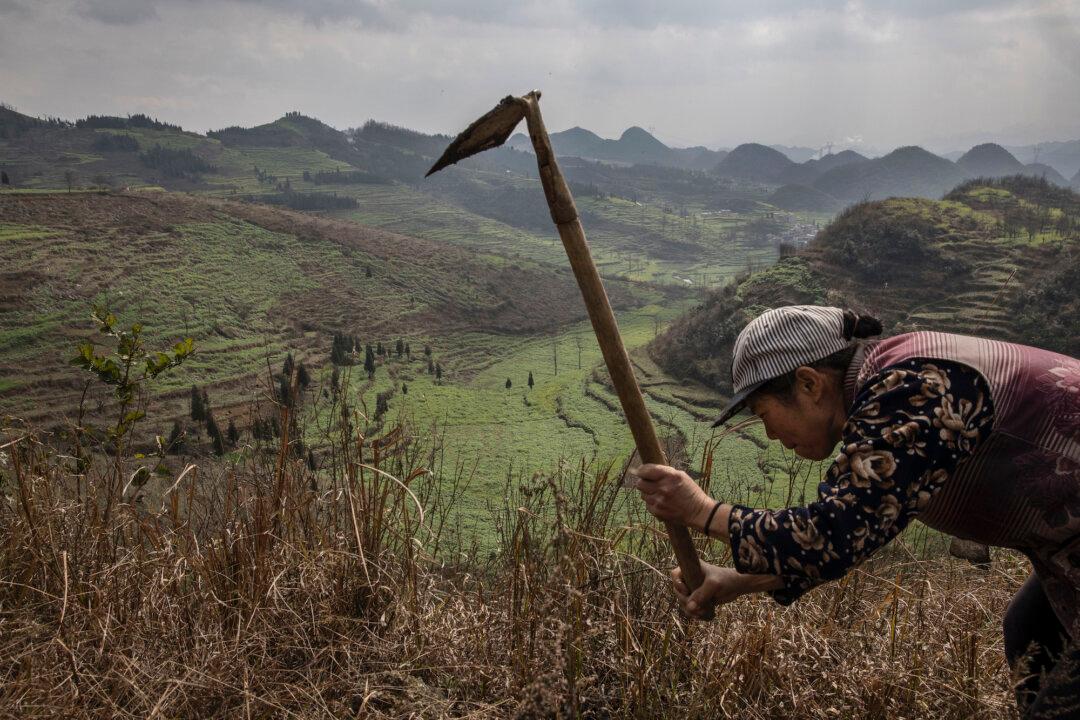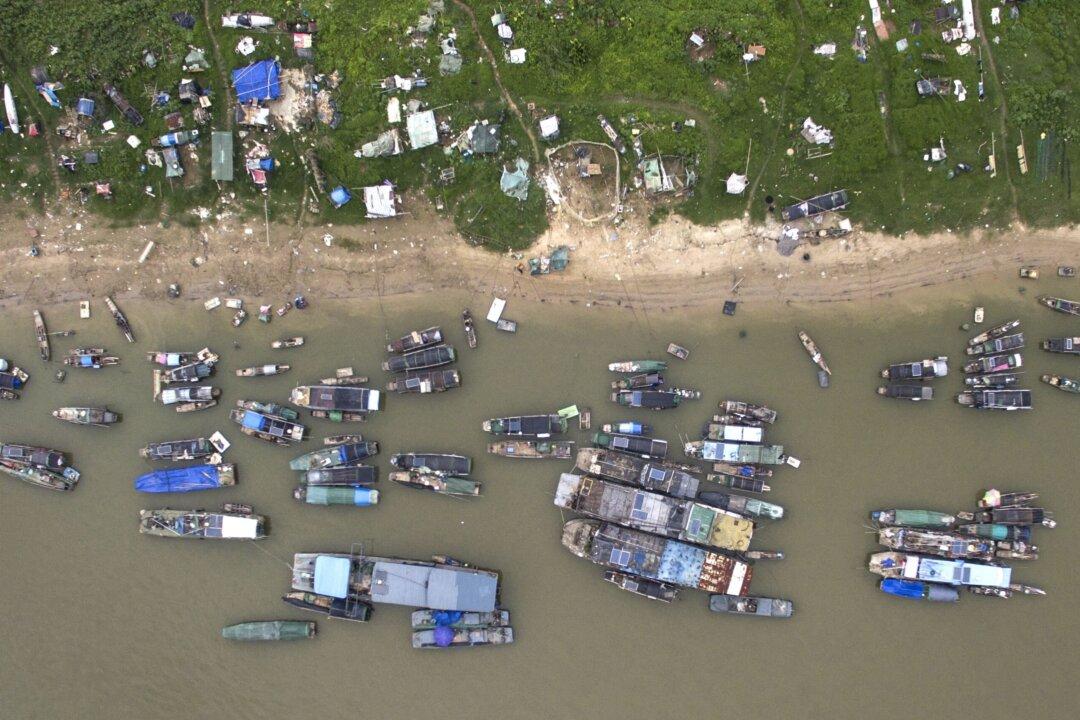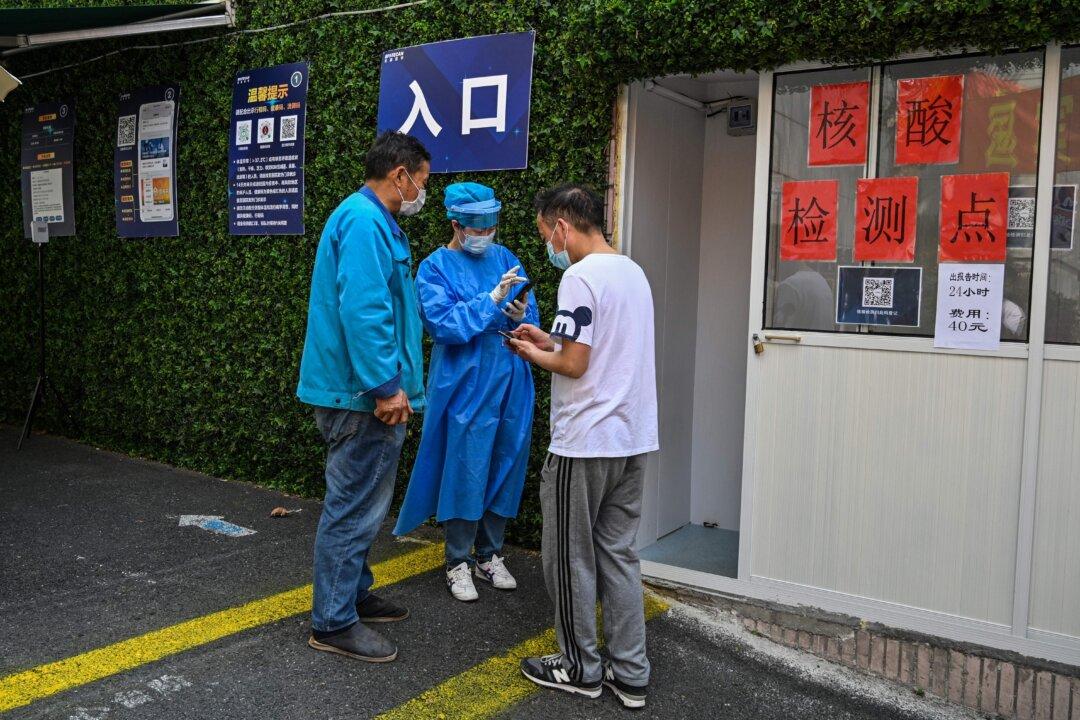The “Cliff Village” in Liangshan prefecture, Sichuan Province, is one of many hamlets in southwestern China where the Yi ethnic minority live.
The Yi people live much like how their ancestors did: in the mud houses that they’ve built, while subsisting on what grows in the mountains or on the small farm plots they cultivate.




